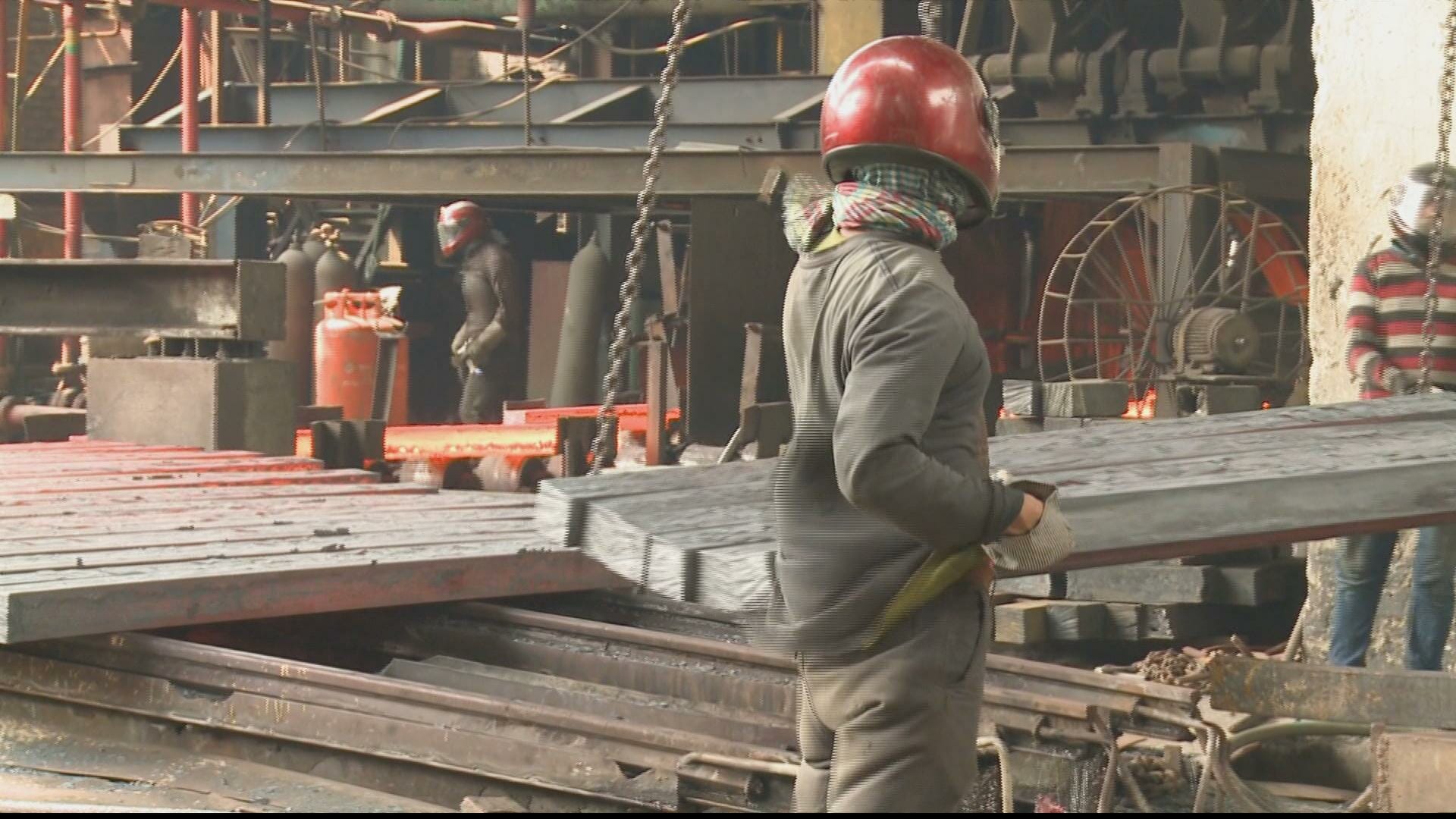The ongoing trade war between the world’s largest economies is causing a ripple effect globally. While some countries like China’s neighboring nations are benefiting, others, particularly in South America, are facing challenges. One such impact is the steep rise in steel prices in Bangladesh.
Steel is a crucial component in various industries, especially construction. The surge in steel prices is affecting businesses and homeowners in Bangladesh, who are waiting for prices to stabilize. Bangladesh heavily relies on imported scrap metal from the US to produce steel rods, which are essential for construction. However, with the increasing cost of importing steel, the production of steel rods has become more expensive, leading to a slowdown in construction activities in the capital city of Dhaka.
Traders in the Bangladeshi steel industry are currently stockpiling steel in anticipation of a potential price increase post-trade war. This situation has disrupted the construction industry in Bangladesh, which had been experiencing a two-decade-long boom. The impact of the trade war has trickled down to countries like Bangladesh, despite not being a direct target of the protectionist trade policies of US President Donald Trump.
The World Trade Organization has warned of a global economic slowdown, with trade tensions being a key contributing factor. The current scenario underscores the interconnectedness of economies worldwide and the far-reaching consequences of trade conflicts.













































